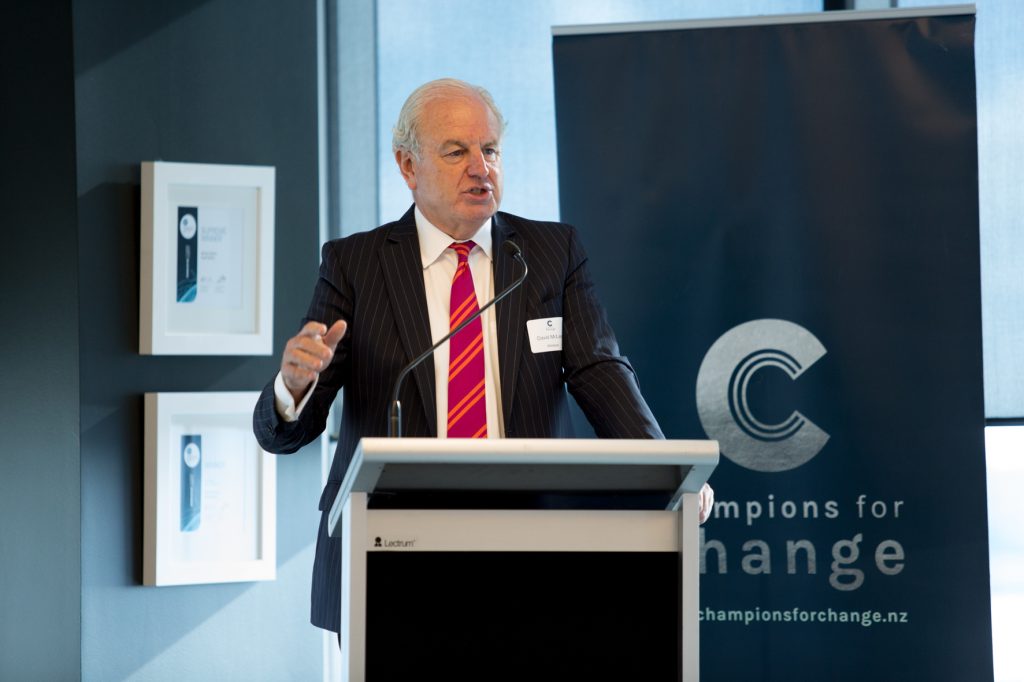David McLean, Champion for Change and CEO at Westpac, discusses the insights he has gained while implementing flexible working at Westpac in our Fast Four Questions feature.

Global Women: What is the main driver behind having flexible working at Westpac?
David McLean: In order to remain attractive as an employer and to have access to the biggest and best talent pools, our research has shown that one of the most important things is to offer flexible working to our employees. Our latest (2017) employee survey showed that 89% of our people indicated that they would benefit from flexibility in the next three years (and 64% indicated they were already working flexibly).
GW: What is the single most successful initiative that has impacted flexibility at Westpac?
DM: There is no one silver bullet for this. Two things we have done are:
First, it is often a fallacy to think that we in management have all the answers. To make diversity and inclusion (and flexibility) work, often the answers are best found by asking the people themselves what works best. The challenge is to find the sweet spot between what works best for the individual, what works best for the team and what works best for the organisation as a whole. Tapping into the collective knowledge of your workforce can be powerful.
Second, we made all roles flexible by default. This (“All-in Flex”) is a powerful symbolic gesture. It means that the burden of proof is changed – from the staff member having to make a business case to justify why their role should be flexible, to their people manager instead having to make a business case to justify why it can’t. It has helped normalise flexibility. Unsurprisingly, it actually turns out that there are very few roles in our business that can’t be flexible.
GW: What is Westpac doing to implement greater flexibility?
DM: We have a flexibility working group, which is one of several action groups that sits under a diversity and inclusion council framework. These working groups (we call them employee action groups at Westpac), are self-populated by employees who are passionate about those issues and willing to volunteer some of their time, energy and skills. Each is overseen by an executive sponsor, who is mandated to empower the group to come up with workable ideas.
The key focus areas of the flexibility action group are:
- Raising awareness and normalising flexibility;
- Developing flexible working policies;
- Promoting use of the right technology and tools that support flexible working;
- Educating people leaders how to have flexibility discussions with their teams; and
- Incorporating flexibility into people processes (such as recruitment).
GW: Can you share an example of where flexible working has been successful?
DM: One of our finance managers is also a professional football referee. Refereeing for FIFA opens up opportunities to officiate at major overseas tournaments (such as the under-20 World Cup in South Korea earlier in 2017). Through a flexible working arrangement and access to the right corporate tools (allowing overseas remote access), this employee has managed to juggle the demand of working for Westpac and refereeing for FIFA. I feel this is an outstanding example of how flexibility can allow employees to balance their responsibilities at work while pursuing other personal interests.

